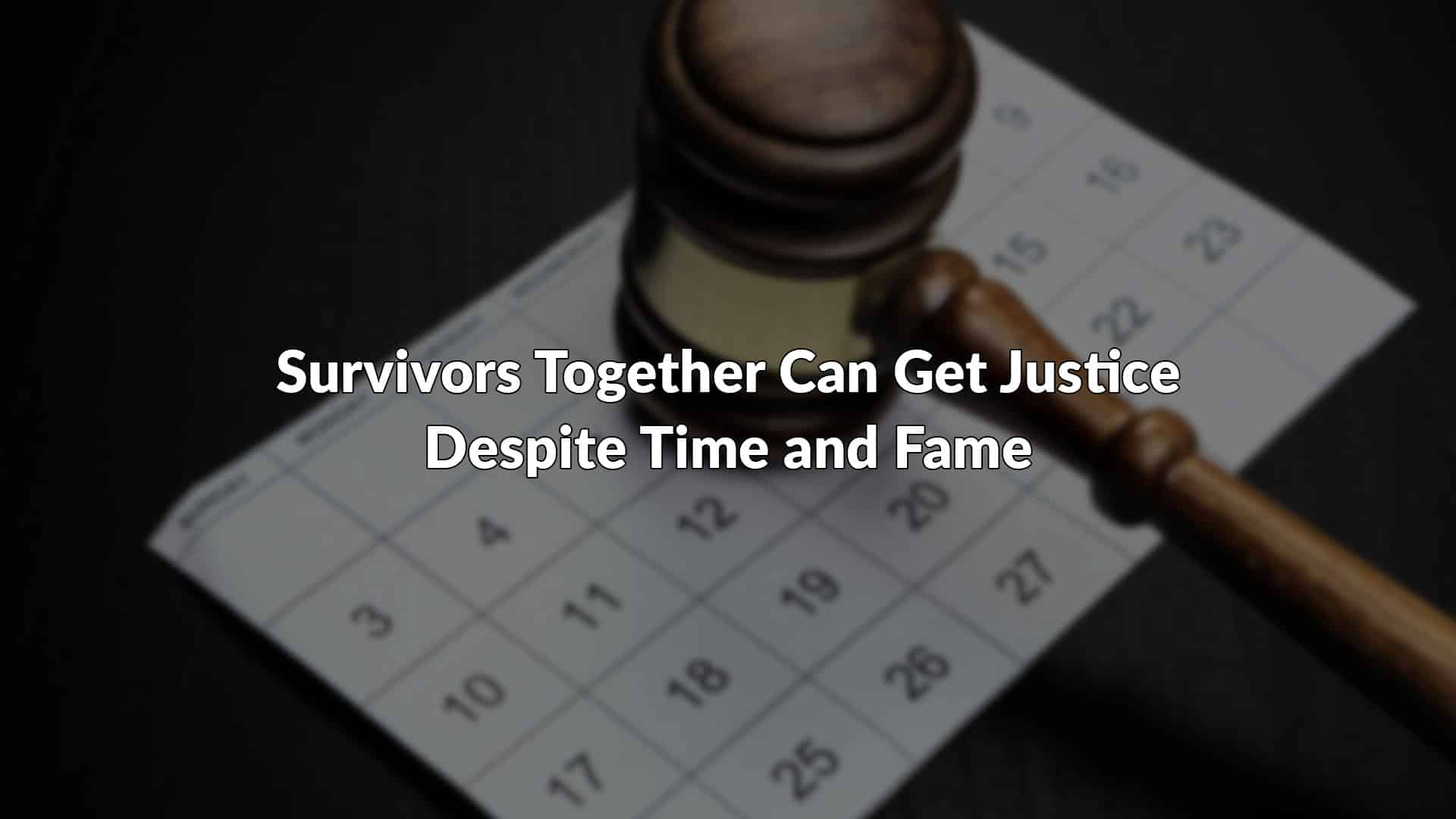In a shocking policy change, the Department of Justice’s Office for Victims of Crime (OVC) recently dealt a significant blow to legal services for survivors of human trafficking. The change, prompted by the Trump administration, denies survivors access to critical legal representation that helps them achieve independence, safety and stability.
Specifically, the agency’s belated announcements for $77 million of fiscal 2018 human trafficking funding included language for the first time ever prohibiting the use of grants to help survivors clear their criminal records that resulted from their victimization.
This was an abrupt about-face from previous policy — developed after years of consultation with, and consensus among, survivors, advocates and law enforcement. Unless something is done immediately, this change will impact applications for funding due in just a couple of weeks.
It is widely acknowledged that victims are frequently arrested when they are trafficked. A 2016 National Survivor Network survey found that over 91 percent of respondents reported having been arrested, over 40 percent reported being arrested 9 times or more.
No one questions the detrimental impact this has on survivors’ ability to move forward. Criminal records act as concrete barriers for survivors, and lead to denial of employment, housing, and other services. Furthermore, the message to survivors living with criminal records because of their trafficking is clear — you did something wrong, you deserve this, this will live with you forever.
That’s why Manhattan prosecutors screen every prostitution arrest for evidence of trafficking and dismiss prostitution cases after individuals receive counseling sessions and other services.
But the most effective legal response to correct the injustice of past convictions is vacatur or expungement, laws that provide survivors a way to clear their record of charges they were convicted of that were a result of trafficking. New York was the first state to pass such a law in 2009, and almost every state in the country has taken some steps toward relieving survivors of the burden of a criminal record since then.
Access to vacatur and expungement for trafficking survivors has been a bipartisan priority and embraced by all stakeholders, including prosecutors and other law enforcement agencies. OVC itself offers training on this legal service in an effort to encourage its widespread growth.
As a lawyer who has worked with hundreds of victims to clear their records and the head of a prosecutor’s office that has collaborated to vacate more convictions for victims than any other, we come together here to highlight the importance of this funding, and of vacatur work, for survivors and for law enforcement agencies.
For example, in 2013, in a case prosecuted in Manhattan, a brave young woman testified against the man who had sex-trafficked her for over five years beginning when she was only sixteen years old. During that time, she was convicted of prostitution six times. Those convictions would have followed her for her entire life, but for the fact that our system now recognizes their injustice.
Because of collaboration between our organizations, that woman’s convictions were vacated, and she could move forward without being haunted by a criminal record for prostitution offenses she had been forced to commit.
Prosecutors have come to rely on the advocacy of partner organizations to identify survivors, meticulously document their experiences, and bring vacatur motions or expungement petitions.
If funding is restricted in the way DOJ intends, many victims of human trafficking will remain burdened by their records, and vulnerable to further exploitation.
Or courts will be plagued with legal petitions — filed by survivors without legal representation — that are not properly compiled, investigated or presented. Important steps taken to repair victims’ view of, and trust in, law enforcement and the criminal legal system will be diminished.
Funding for this work is critical — for the survivor trafficked into prostitution over two decades ago, who has focused on her education, earned a Masters degree in counseling, but is prohibited from taking a state licensure exam because of her criminal record; for the survivor parent of a nine-year-old child who faces humiliation at being fingerprinted to chaperone a school trip; for the survivor who secures an entry level service sector job but has the offer rescinded when a background check reveals her criminal record.
Too often, the legal systems meant to help victims only disempower them and create further marginalization. Vacatur and expungement are examples of the legal system working to fix this and rectify prior injustice. This funding restriction is not only irrational, but harmful to the very survivors OVC grants are designed to protect.
Together with survivors, advocates, prosecutors, other members of law enforcement, and many concerned individuals across the country, we call on the Department of Justice to reverse course on this policy and allow its human trafficking funds to be used to provide legal representation for survivors who have been unjustly criminalized.
Cyrus R. Vance Jr. is the Manhattan District Attorney. Kate Mogulescu is an Assistant Professor of Clinical Law at Brooklyn Law School.
Original Source: http://thehill.com/opinion/criminal-justice/392584-funding-restrictions-for-human-trafficking-grants-can-prevent



